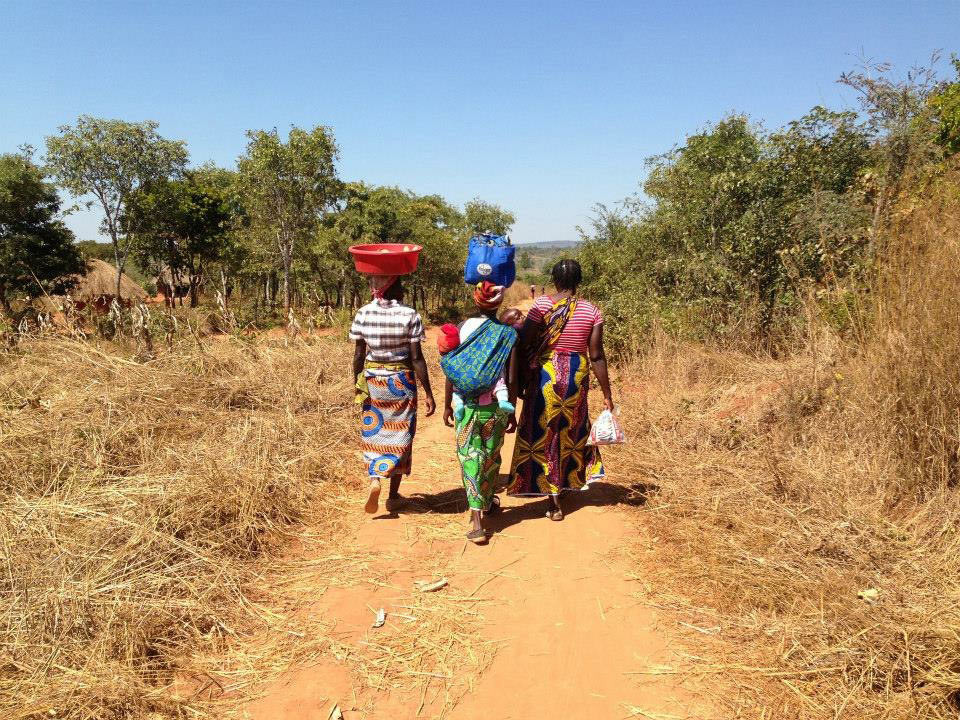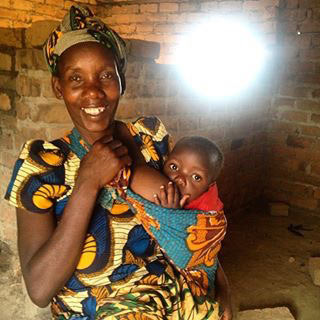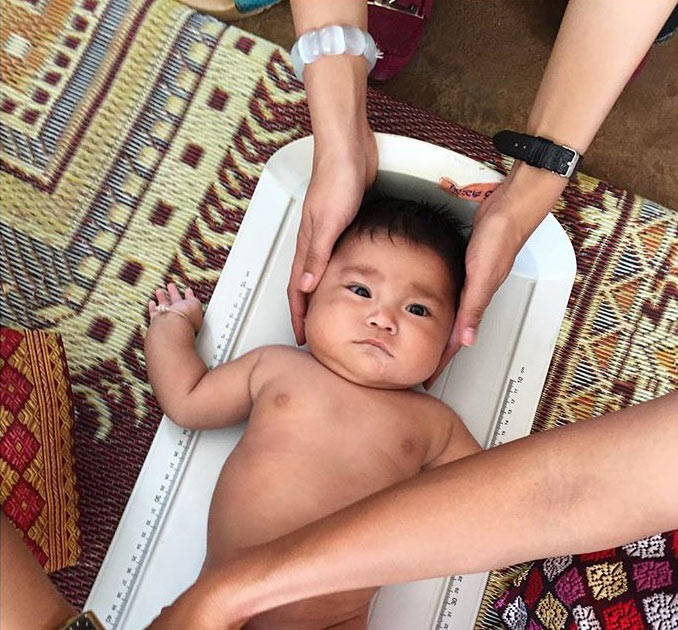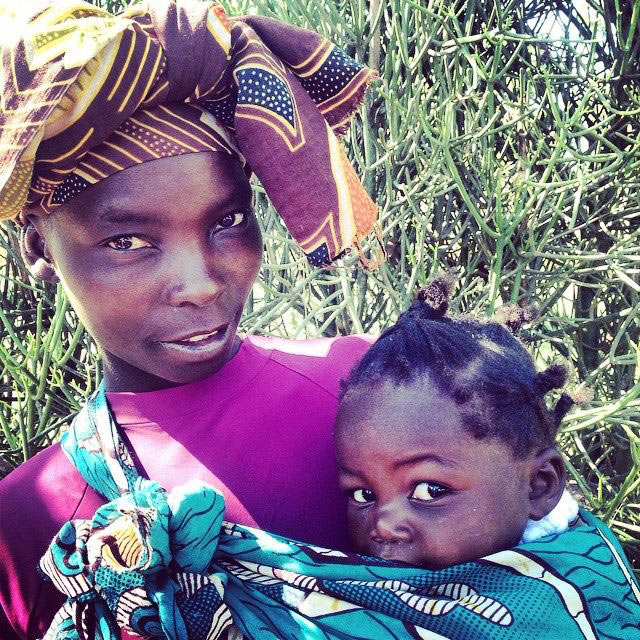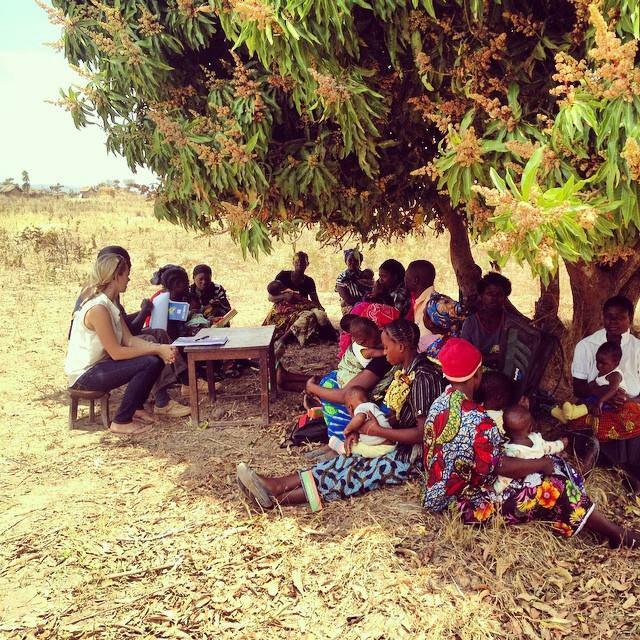NOURISH: “To provide what is necessary for life, health and growth”.
Our team is focused on nourishment in the broadest sense of the word. The ultimate goal of our work is to ensure that all family members reach their potential through adequate nutrition and care practices across the lifespan. Ultimately, better nourished individuals will have longer, healthier lives, increasing not only their own productivity but that of nations.
We have extensive experience in international health and nutrition programming, implementation operations research, nutrition education, social and behaviour change communication, monitoring and evaluation of food security and nutrition interventions, and dissemination of findings.
Our focus is on vulnerable populations, particularly women and young children, who bear the greatest burden of undernutrition, including ‘hidden hunger’ as deficiencies of key nutrients in the first 1,000 days of life impact cognitive and physical development, as well as reproductive health and productivity across the lifespan. We work with governments, UN agencies, NGOs and community-based organizations to build capacity, operationalize evidence-based nutrition, WASH and food security interventions, and provide technical oversight such that effective interventions may be scaled-up to optimize reach.
Maternal nutrition and care is essential for the health not only of expectant mothers, but also of their unborn children. An undernourished woman is herself at risk of morbidity, associated with her higher nutritional needs, and mortality where deficiencies of key nutrients such as iron, become severe. In partnership with community-based programmes, we work to strengthen knowledge of women’s increased needs for energy and nutrient-dense food along with a reduction in workload where possible. Historically less focus has been placed on the nutritional needs of adolescent girls but our team recognizes this key growth phase as essential for achieving optimal nutritional status that will reduce the later risk of complications in pregnancy. We are working to ensure key interventions are integrated into strategies during this critical phase of a woman’s life.
Infant and young child care and feeding practices (IYCF) that support growth and development include exclusive breastfeeding, timely introduction of complementary foods with adequate consistency, frequency and variety, and continued breastfeeding to two years and beyond, in conjunction with adequate sanitation and hygiene practices that reduce the risk of infection. The links between poor sanitation practices, unclean water, and undernutrition are now well-defined and it is recognized that there are no stand-alone strategies that will ensure proper growth and development, including the cognitive development of young children. As such, we develop and implement programs that encompass activities that address the complex causes of undernutrition at the immediate, intermediate, and underlying level, in accordance with the framework developed by UNICEF.

